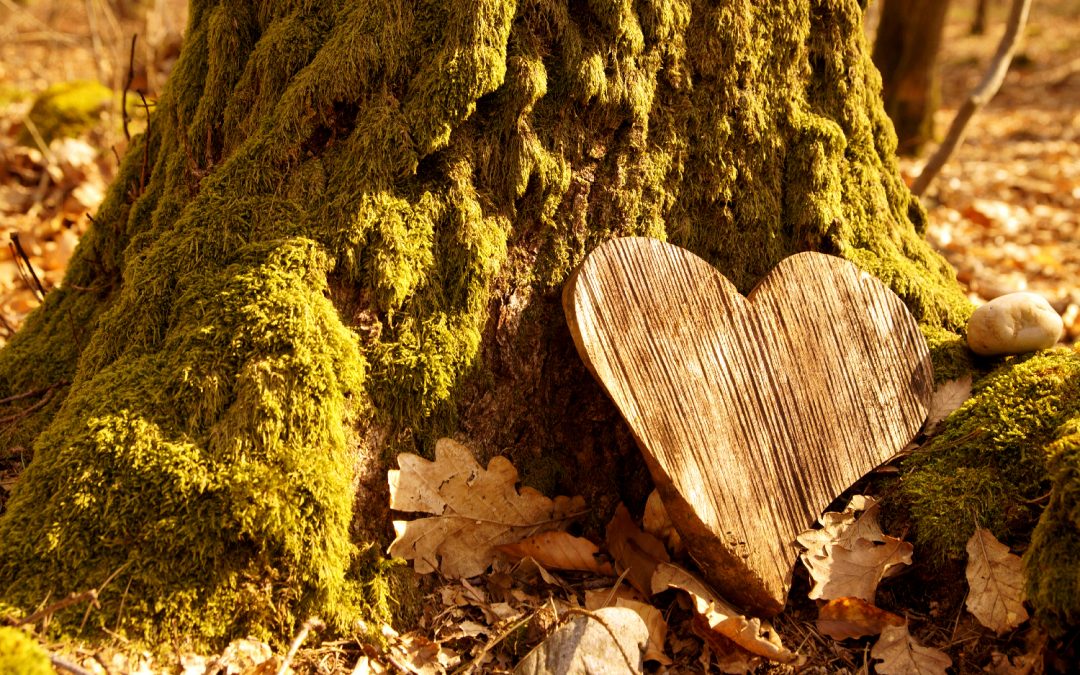You’ve been named as the executor of a loved one’s will, or you’ve decided to handle your own funeral arrangements. Between the choice of a casket, organizing the actual ceremony and arranging for the disposal of the body, funerals can be a real nail-biter; there are so many details to consider.
We answer some questions you may be faced with when in charge of organizing a funeral.
Which funeral practice is the most eco-friendly?
The funeral practices that have dominated our culture for generations are often not the most environmentally friendly. Quebecers strive to attain an eco-friendlier lifestyle, and they want to do the same when a death occurs.
Over the last decade, the funeral industry has therefore taken a green turn.
Embalming: A toxic procedure for both humans and the environment
To reduce the amount of chemicals released into the atmosphere or ground, people are increasingly opting out of post-mortem care practices such as embalming. Furthermore, the antiseptics used to preserve the body—such as formaldehyde—are carcinogenic and harmful to the person performing the procedure.
It is important to note that this post-mortem sterilizing practice is not legally mandatory. Funeral establishments are equipped with that can keep the body intact for several days. You can therefore specify in your will that you would prefer for your body not to be embalmed when you pass away.
Wooden coffins: not the most economical or ecological option
According to Radio-Canada, a South African study has shown that coffins are the biggest source of pollution in cemeteries. They contain cadmium and lead, toxic substances that cause serious environmental and health problems.
In Quebec, it is illegal to bury a person’s remains directly into the ground without a burial container. However, some options are eco-friendlier—and less costly—than traditional wooden caskets.
One of these options is direct cremation, a service provided in Montreal and across Quebec by our partner Service de crémation direct. This practice is an affordable alternative to traditional funeral practices.
Cardboard burial containers, as well as biodegradable urns, are also more cost-efficient, while having smaller ecological Cardboard burial containers as well as biodegradable urns are also more cost-efficient while having a smaller ecological footprint. Services Funéraires Azur Incinération Inc., another one of our partners, includes an ecological cinerary container with their cremation service.
What are the alternatives to cremation and burial?
In Quebec, when it comes body disposal, the most common practices are incineration and burial. Although these two options are usually the go-to, little people are aware that there are a myriad of alternatives.
Here are a few.
Humusation: Composting human bodies
According to an article published by Québec Science, humusation entails a similar process to the one used for the compost you make in your kitchen at home. The deceased’s body is covered in straw, alfalfa and wood shavings and is then placed in a controlled environment. It then takes only 30 days for the remains—including bones and teeth—to be broken down into the soil.
The humus produced—approximately 1 m³—is then used to fertilize soils that have been depleted by deforestation.
What if you could transform into a tree when you die?
The concept behind the “arbre de vie” plantation is to give back to the earth and partake in the cycle of life while honouring the memory of a loved one. Instead of burying their ashes in a cemetery, you can use them to fertilize a tree that you’ve planted or chosen in the plantation.
Aquamation: An ecological and economical choice
Aquamation is a cremation method that combines rapidly circulating water to specific alkalinity and heat levels. Not only is this process energy and cost-efficient, but it also releases absolutely no CO2 into the atmosphere.
The deceased’s bones are then crushed to dust and the ashes given to relatives who can dispose of them according to their loved one’s wishes. Aquamation is available throughout the province. If you’re intrigued, more information is available at aquamation.ca.
How to plan an original funeral?
The whole point behind funeral rites is to honour the memory of a loved one and to commemorate the life that they lived. Therefore, it’s completely normal to want the ceremony to represent the deceased and to be a reflection of their uniqueness.
You may choose to orchestrate an original celebration from A to Z, or you may simply want to add some personalized elements to an otherwise traditional ceremony. For more details concerning the organization of a funeral or memorial service, we suggest you check out our article “The Loss of a Loved-One: How to Say Goodbye?”
Where can I scatter funeral ashes?
In Quebec, the scattering of funeral ashes is not restricted by provincial law. The law simply stipulates that ashes can be spread anywhere as long as it is done respectfully and causes no threat to public health.
On the other hand, if you choose a public space, take into consideration that some municipalities may have stricter rules. We strongly advise that you check with your municipality before making any plans.
If you still feel like holding on to your loved one’s ashes, you can keep a small amount in a reliquary. These small tokens allow you to listen to your own needs while still respecting the deceased’s wishes.
Is There a Funeral Code?
The Corporation des Thanatologues du Québec (CTQ) is a non-profit organization that represents professionals that work in the funeral field. The CTQ’S code of ethics covers several aspects of funeral services, including
- Respecting customer confidentiality
- Fair pricing
- High standards when it comes to professionalism
- Respecting all religious beliefs
- Using the services of a qualified and certified embalmer
- To refuse service to a client only on reasonable grounds
If you’re looking for a funeral home to handle your funeral arrangements or those of a loved one, the CTQ website is a great place to start your research. It contains a list of companies that are members of the organization, and that, therefore, adhere to its code of ethics.
Sources:
- Composter des humains, nouvelle tendance ?
- Quel est l’impact environnemental de mon cadavre?
- Thanatopraxie : tout sur les soins du thanatopracteur
- Enterrement écologique : organiser des obsèques éco-responsable
- Est-il possible de disperser les cendres d’un défunt où l’on veut?
- Aquamation
- Entreprises funéraires



